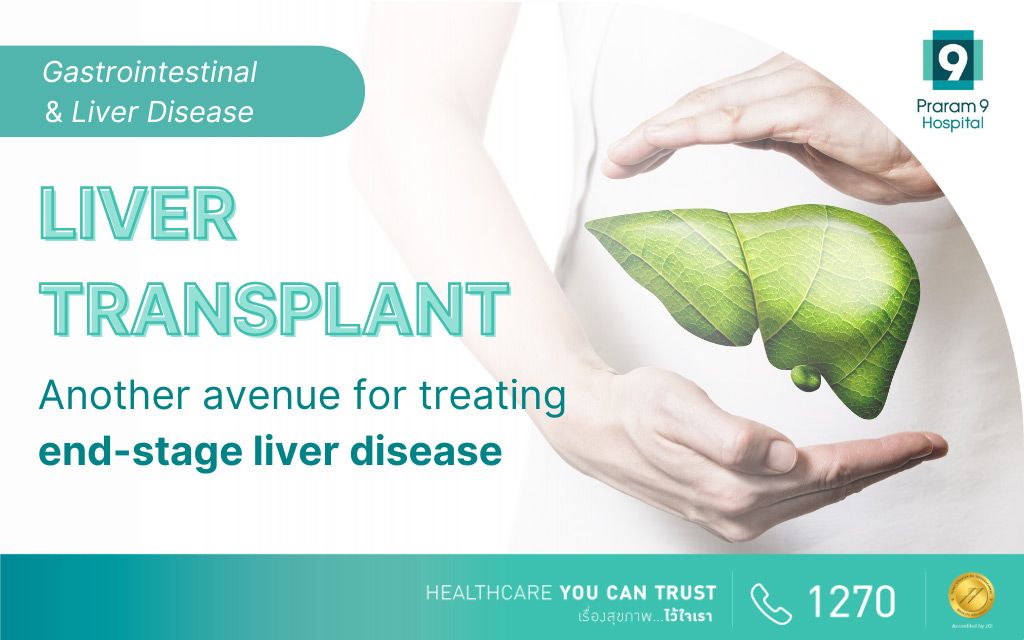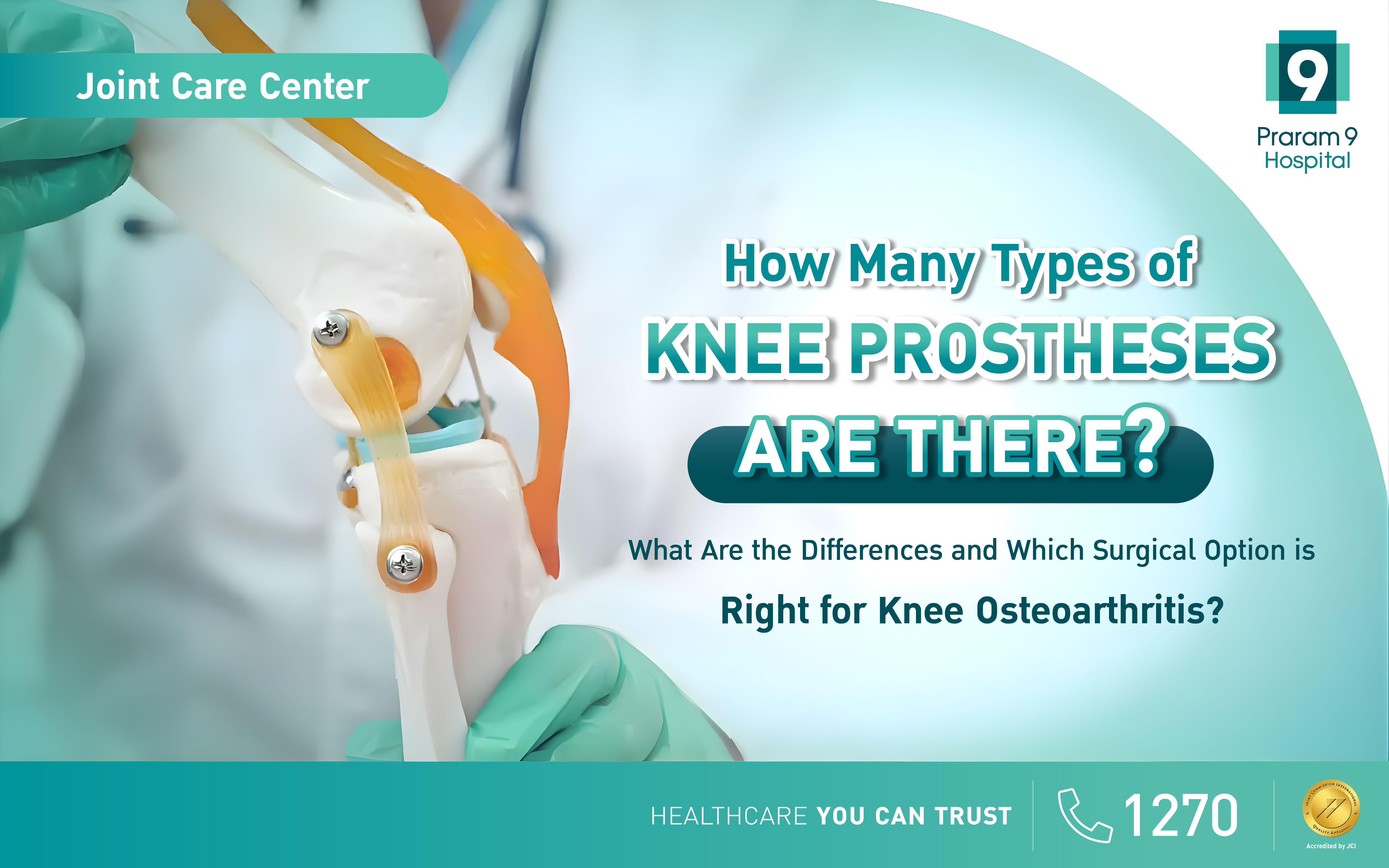Health Articles
Knowledge
“Liver Transplant” Another avenue for treating end-stage liver disease
RAPEEPUN KALAYAVINAI,M.D.

Introduction:
In contemporary medical terminology, acute liver disease can be evolved into liver failure, or in the case of end-stage chronic liver disease, cirrhosis. While general symptom recovery is achievable in many cases, complications persist, posing a significant risk of mortality. This article aims to enhance your comprehension of liver transplantation indications and concepts, presenting information in a question-and-answer format.
Indications for Liver Transplantation:
When considering a liver transplant, certain criteria are crucial for surgery treatment. These include:
- Quality of life assessment
- Severity of liver disease (measured by the Child-Pugh score)
- Disease-specific criteria determining the appropriateness of transplantation
The overarching principle is to reserve liver replacement as a last option, only for cases which no alternative treatments are available. It should be pursued in patients with a genuine hope for complete recovery. Factors indicating urgency include:
- Child-Pugh score is greater than or equal to 7
- 1 year survival rate below 90 % without transplantation
- History of ascites-related infections
- Severe hepatic encephalopathy grade II in acute liver failure patients
Liver Diseases Treated by Transplantation:
Liver transplants are commonly employed for various diseases, with notable percentages attributed to:
- Chronic hepatitis C or B (28%)
- Alcohol-induced liver disease (16%)
Other indications encompass liver failure from diverse causes, including infections, fatty liver in pregnant women, cryptogenic hepatitis, liver cancer, iron or copper liver disease, inherited liver disease, and hepatic stenosis.
Contraindications for Liver Transplant:
Certain conditions may have contraindicated liver transplantation, though exceptions can be considered. Absolute contraindications include:
- Ongoing heavy alcohol drinking and drug consumption
- HIV/AIDS diagnosis
- Non-hepatic cancer
- Biliary tract infection
- End-stage lung or heart disease
Emergency Liver Transplantation:
In life-threatening situations, emergency liver transplantation may be necessary. Indications include:
- Hepatorenal disease leading to kidney failure
- Recurrent ascites-associated infections
- Albumin protein below 2.5 g/dL
- Prothrombin time exceeding 5 seconds
- Bilirubin levels over 5 mg/dL
- Poor quality of life in cholestatic patients
Assessing the Need for Liver Transplantation in Cirrhosis:
For individuals with cirrhosis, certain factors indicate a higher likelihood of mortality, prompting consideration for transplantation. These factors include kidney failure, mental alterations, respiratory problems, age over 60, and blood clotting problems.
Conclusion :
While liver transplantation remains a viable treatment for end-stage liver disease, careful patient selection is crucial. Studies have shown promising long-term survival rates, emphasizing the importance of timely intervention before complications arise. Early transplantation, when patients are still relatively well, offers a more favorable outcome, reducing the risk of mortality compared to delayed interventions.















